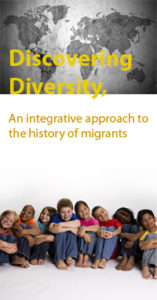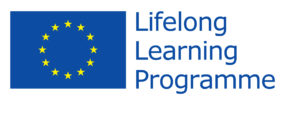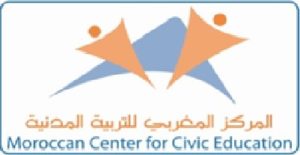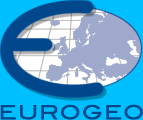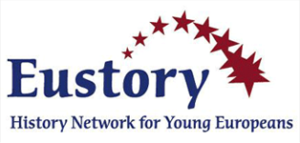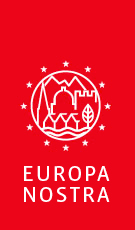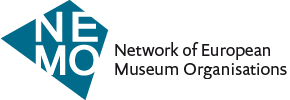An Integrative Approach towards the History of Migration
Within the Discovering Diversity project a methodology has been developed that helps history and civic teachers to connect the individual history of students to the local and larger history of migration in the Euro-Med region. The idea behind this methodology has been that discovering the different layers of community history will lead to the discovery of multiple facets of identity, empower communities, and give tools to history and civics educators to teach complex issues through a process of personal discovery and reflection. The project has been a unique international collaboration by historians and history educators from Denmark, Germany, Poland, Slovakia, Morocco, and the Netherlands. This project is part of EuroClio’s Historiana initiative.
Project Aims
[su_list icon=”icon: caret-right”]
Main objective: developing an easily accessible method for history and civic teachers to have access to learning materials for connecting the individual history of the students to the local and grand narrative of migration in the region. To promote social cohesion in the Euro-med region by promoting mutual understanding, tolerance and intercultural dialogue and by combating stereotyping and xenophobia.
Specific objectives:
- Develop innovative educational material on cultural diversity and migration in the Euro-Med region that contributes to the overall objective and which can be replicated and expanded. All case studies will be translated in English and be made available in a printable form as well as an integrated online interactive learning tool.This website will also be a platform for continued cooperation. More material will be added by the project partners after the project.
- Train an intercultural network that has the capacity and the will to continue work that contributes to the overall objective also in the future. The authors and experts are trained in making material that is inclusive and promotes peace, democracy, tolerance and critical thinking in previous EuroClio projects. Because the authors and experts will choice their own case studies and have a big responsibility within the project, they will feel ownership of the program. They will also be used as experts in running and future EuroClio projects.
Results
[su_list icon=”icon: caret-right”]
- Educational material in the form of one introductory lesson, six case studies and one additional oral history lesson on the history of migrants which is accessible and ready to use for the classroom and are used as exemplars for follow up projects.
- An educational framework that allows adding more material by the project partners and other interested individuals and organisations in future projects.
- Interest from many museums, archives, policy makers and educators to be involved in trans-national education.
- Active involvement of 12 more countries in training and development activities
Publications
The format of the material developed in this project is going to be integrated in the Historiana website to take full advantage of the option to compare and contrast case studies. One of the added values of the inclusion of material on this website, is that the project results are part of a long term dissemination and visibility strategy, thereby reaching new and bigger audiences.
Press release: The Hague, 31 August 2011.
Material published:
Project Managers
Steven Stegers, EuroClio Senior Manager
Joke van der Leeuw-Roord, EuroClio Executive Director
Contributors
Project Coordinators:
Maria Kazamiaki (EuroClio, the Netherlands/Greece) & Mounir Dadi (Dadi Advies, the Netherlands/Algeria)
Editor in Chief:
Robert Stradling (University of Edinburgh, United Kingdom)
Editors:
Dzintra Liepina (Latvian History Teachers Association), Floris Kolvenbach (Digital Film Center Europe BV), Robert Maier (Georg Eckert Institute), Joke van der Leeuw-Roord (EuroClio), Mire Mladenovski (History Teachers Association of Macedonia), Yosanna Vella (History Teachers Association of Malta)
Authors:
Agnete Holt Anderson (Danish History Teachers Association), Annemarie Cottaar, Benny Christensen (Danish History Teachers Association), Elarbi Imad (Moroccan Center for Civic Education), Elma Hasimbegovic (EuroClio-HIP), Ineke Veldhuis-Meester (Dutch History Teachers Association), Marina Zavacka (Slovak Institute of History), Marta Kucner (House of Peace, Poland), Semih Aktekin (History Educators Association in Turkey), Sylvia Semmet (German History Teachers Association)

